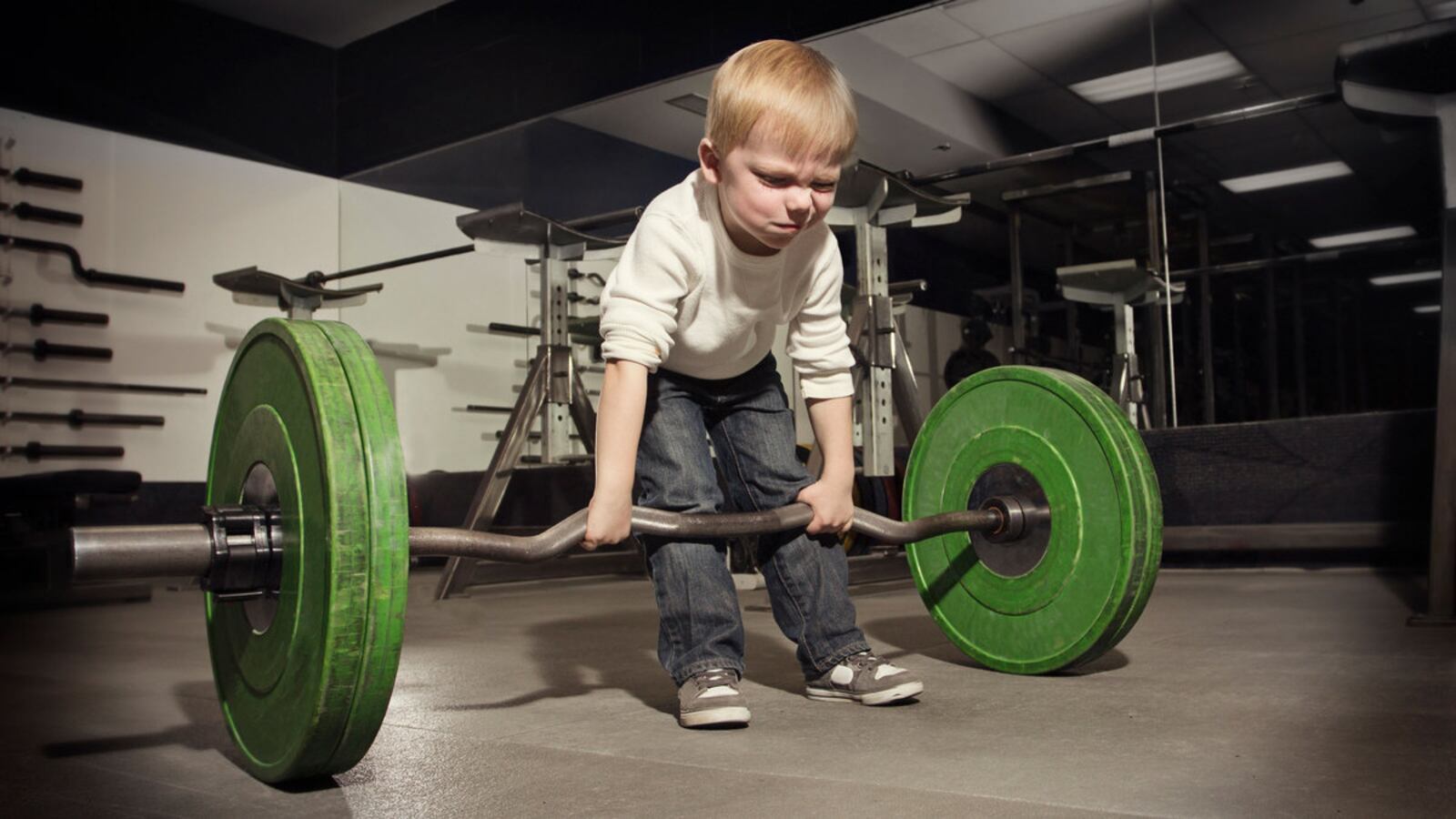Men seeking to broaden ideas about masculinity have long used the term “Man Box” to refer to traditional restrictive expectations of boys: to be hypersexual, to be aggressive, in control, and self-sufficient, and to avoid seeming girly or gay. Guys who live inside that box are more likely than guys who don’t to report symptoms of depression, according to a 2017 survey of young men aged 18 to 30 by the international nonprofit Promundo. They are also twice as likely to say that they’d thought about killing themselves within the previous two weeks. They were more likely to binge-drink and two or three times as likely to get into traffic accidents. They were four times as likely to say that they had been the victims of physical bullying and six times as likely to say they had physically bullied someone else.
“There is this framing about masculinity as being harmful for women, but… it’s also really important to talk about masculinity in terms of what it does to limit men and boys,” said Holly Shakya, an associate professor and public health researcher at the University of California–San Diego.
Perhaps the most notable way in which boys pay a price for buying into traditional masculine norms is that their health suffers. This showed up during the COVID-19 pandemic as a refusal to wear masks. One large-scale study found that people wedded to sexist beliefs—those who said they were uncomfortable having a female boss, for example, and were unwilling to believe women are able to think as logically as men—were less likely than nonsexist people to be concerned about the virus. They were also less likely to wear masks and take other precautions against infection—and they were much more likely to report falling ill with the virus. Only 3 percent of the least sexist survey respondents had contracted the novel coronavirus, compared to 28 percent of the most sexist.
Experts believe that the pressure men face to act like men is literally toxic, pushing them toward dangerous behavior and away from professional help—and putting their lives at risk.
Compared to women, men in the United States are more likely to be victims of violent crime. They are also more likely to die from heart disease, cancer, and 10 of the other 13 leading causes of death. Men are four times more likely than women to kill themselves and four times more likely to be killed by someone else. Men die earlier than women across the globe; in the United States, their life expectancy is five years shorter.
I did not recognize these remarkable disparities between the sexes until I became the mother of a boy. Now they worry me deeply. And while I can’t control everything that affects my son’s mental and physical health—I can’t control the economic forces, for example, that have displaced so many jobs and unmoored so many men from their sense of self—there are two important things I can do now. I can rethink my own stereotypes about boys, and I can help my son broaden his ideas about what it means to be a man.
Shakya led a team of researchers who analyzed data from nearly 20,000 people who were tracked over two decades starting in the mid-1990s, when they were adolescents, through 2009, when they were in their twenties and thirties. Those who behaved in more stereotypically “masculine” ways as teenagers were more likely to report depressive symptoms in adulthood, and to smoke, drink, and use drugs. According to a different analysis of 74 studies involving nearly 20,000 men, guys who believe they must be self-reliant, have sex with lots of women, and exercise power over women are also more likely than their peers to struggle with mental health and less likely to seek psychological help.
California psychotherapist Will Courtenay, a pioneer in the field of men’s health, argues that these disparities can be traced not only to ideas about masculinity that shape the behavior of boys and men, but also to the assumptions the rest of us make about the boys and men in our lives— especially the assumption that they don’t need help. In his 2011 book Dying to Be Men, Courtenay points to a study showing that while early detection is important for treating both breast cancer and testicular cancer, 86 percent of doctors instruct girls and women in how to examine their breasts for signs of cancer, compared to just 29 percent who tell boys and men how to examine their testicles. Consciously or not, we all help build the walls of the Man Box.
Extracted from To Raise A Boy, published by One Signal/Atria Books, a division of Simon & Schuster, Inc. Copyright © 2021 by Emma Brown.







